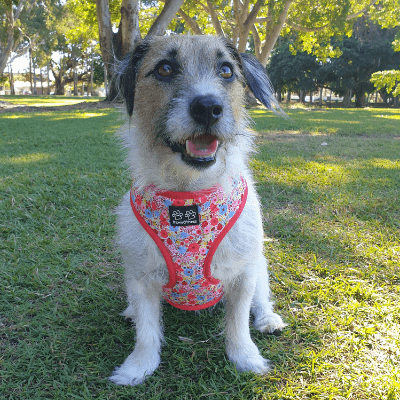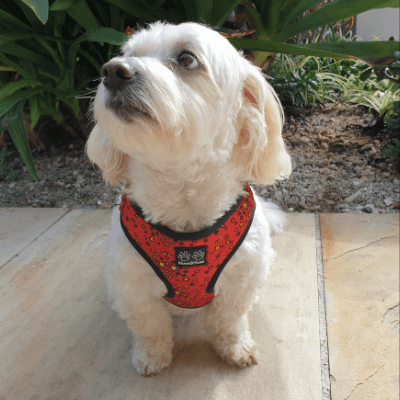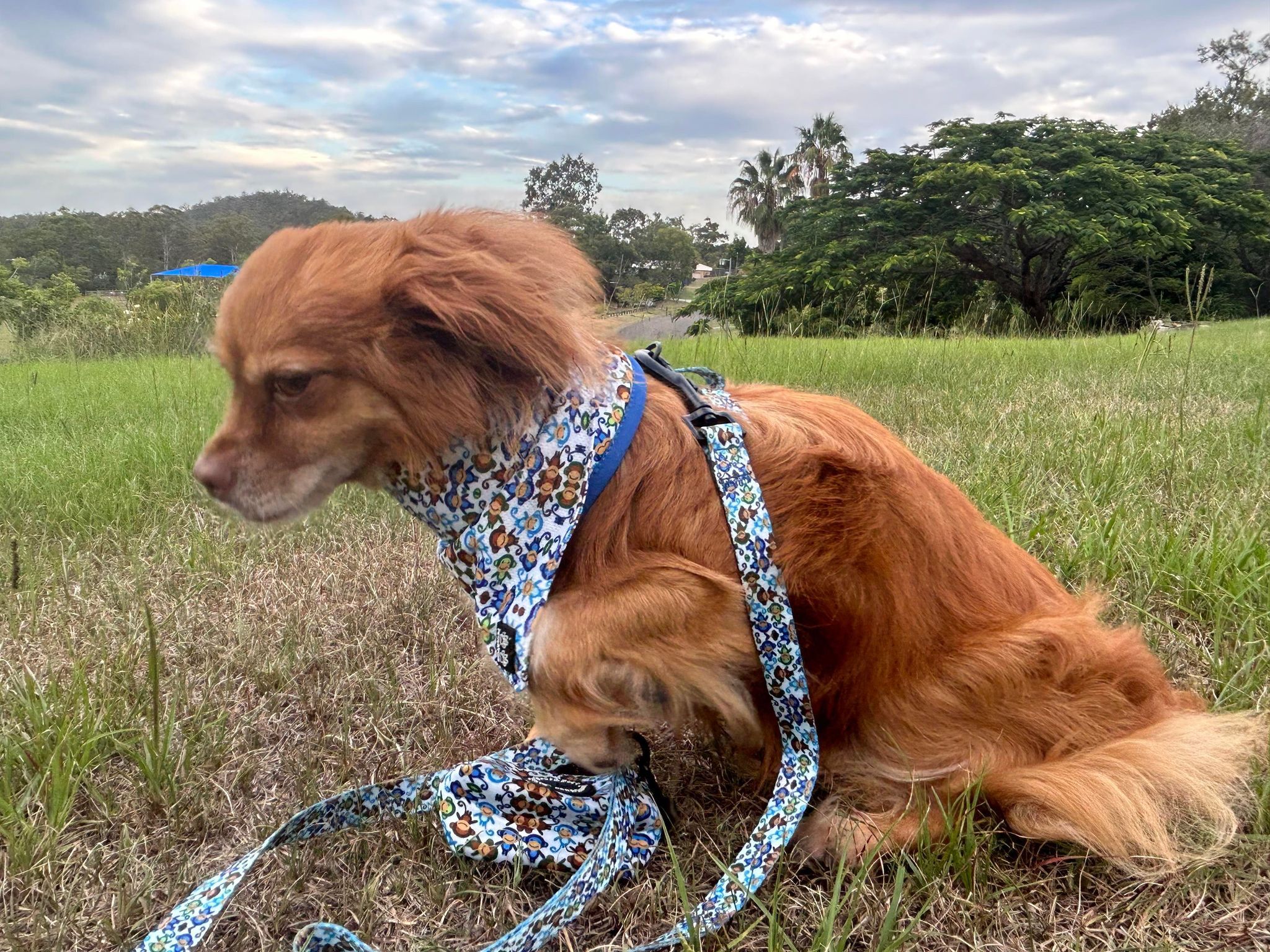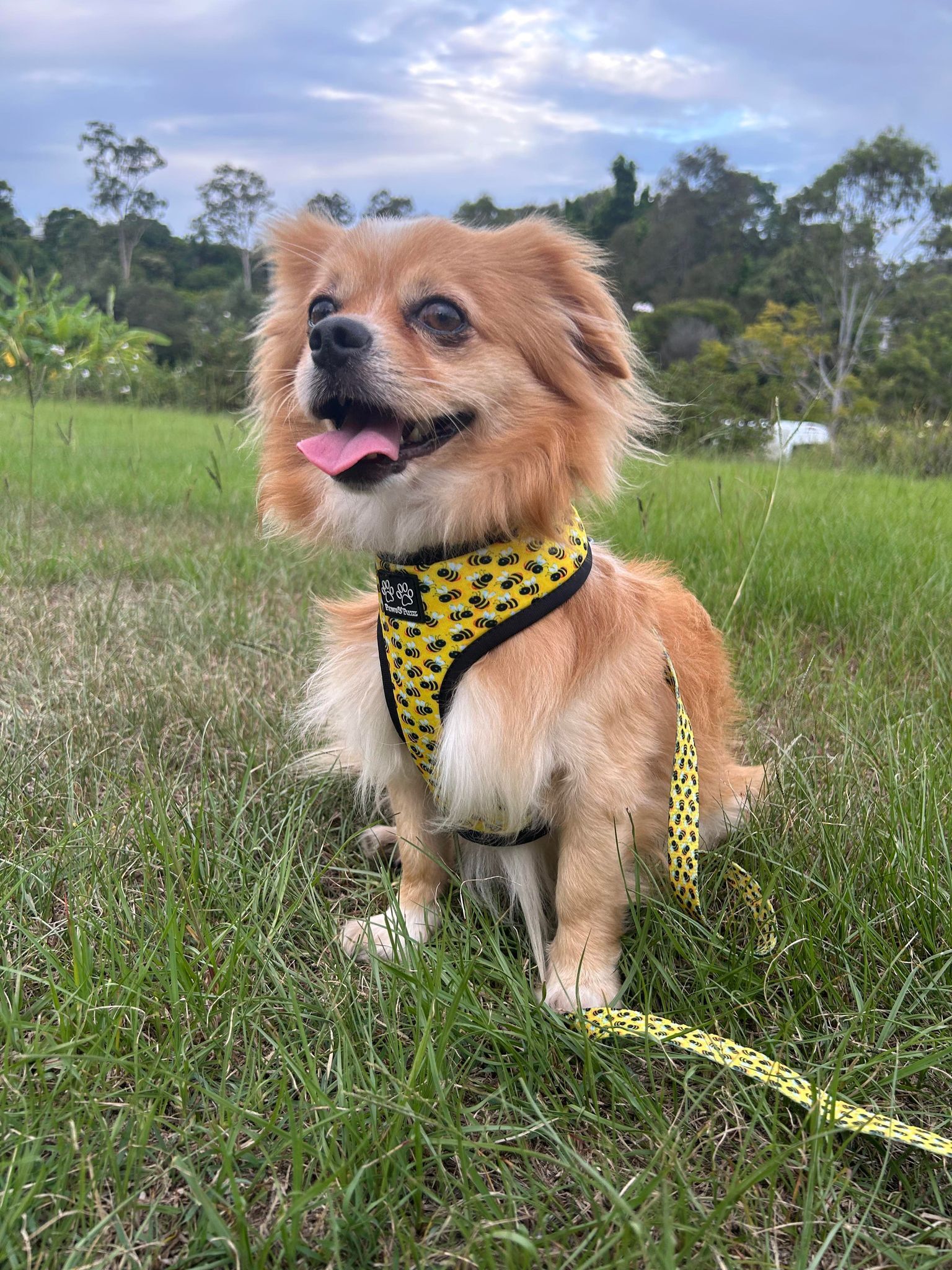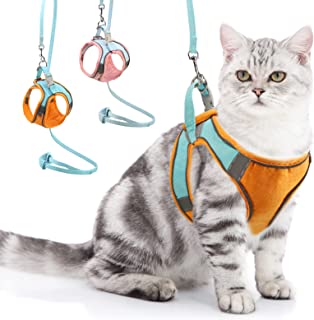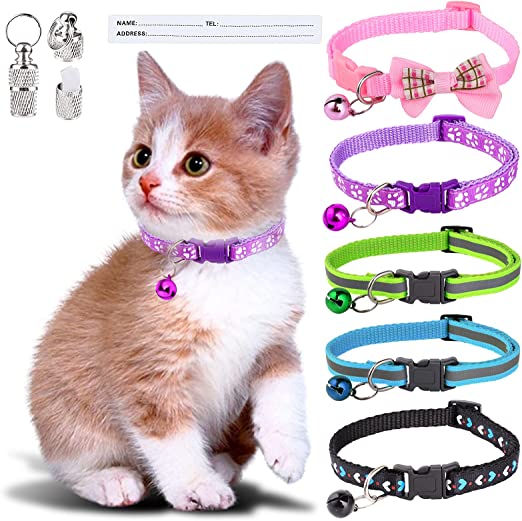PETBLOG
Canine Hypothyroidism: Symptoms & Care
Introduction
Hypothyroidism is a common endocrine disorder that affects dogs of all ages and breeds. It is caused by a deficiency of thyroid hormone, which affects the metabolism and leads to a wide range of symptoms. In this article, we will provide an overview of hypothyroidism, including the main symptoms, how to prevent it, how to treat it, and P&F tips about the disease.
Symptoms:
- Weight Gain: One of the main symptoms of hypothyroidism is weight gain despite a decreased appetite. This is due to the decrease in metabolic rate caused by the deficiency of thyroid hormone.
- Lethargy and Depression: Dogs with hypothyroidism often appear lethargic and have a decreased energy level. They may also appear depressed and lack enthusiasm.
- Skin and Coat Problems: Hypothyroidism can cause skin and coat problems, such as dry skin, hair loss, and a dull coat.
- Intolerance to Cold: Hypothyroid dogs may be intolerant to cold temperatures and seek warmth.
- Digestive Problems: Dogs with hypothyroidism may experience digestive problems, such as constipation, vomiting, and diarrhea
Prevention:
- Regular Check-Ups: Regular check-ups with your veterinarian can help identify early signs of hypothyroidism and prevent its progression.
- Balanced Diet: Feeding your dog a balanced and nutritious diet can help maintain proper thyroid function.
- Regular Exercise: Regular exercise can help regulate your dog’s metabolism and promote overall health.
- Avoid Exposure to Toxins: Exposure to toxins, such as pesticides and heavy metals, can damage the thyroid gland and lead to hypothyroidism.
- Avoid Over-Vaccination: Over-vaccination can lead to autoimmune disorders, which can damage the thyroid gland and lead to hypothyroidism.
Upgrade your furry friend’s walks today with our comfortable and secure dog harness!
Classic Harness + Lead
Classic Harness + Lead
Adjustable Harness + Lead
Adjustable Harness + Lead
Collars
 Treatment:
Treatment:
- Hormone Replacement Therapy: The most common treatment for hypothyroidism is hormone replacement therapy, which involves giving your dog a synthetic thyroid hormone called levothyroxine.
- Regular Monitoring: Once your dog is on hormone replacement therapy, regular monitoring and dosage adjustments may be necessary to ensure proper thyroid function.
- Nutritional Supplements: Certain nutritional supplements, such as omega-3 fatty acids and selenium, can help support thyroid function and improve symptoms.
- Herbal Remedies: Some herbal remedies, such as ashwagandha and guggul, have been shown to improve thyroid function and alleviate symptoms of hypothyroidism.
- Surgery: In rare cases, surgery may be necessary to remove a damaged or cancerous thyroid gland.
P&F Tips for treating rabies in dogs:
- Be Vigilant: Keep an eye out for early signs of hypothyroidism, such as weight gain, lethargy, and skin problems, and seek veterinary care if necessary.</li>
- Monitor Your Dog’s Diet: Feeding your dog a balanced and nutritious diet can help prevent hypothyroidism and promote overall health.
- Regular Exercise: Regular exercise can help regulate your dog’s metabolism and prevent weight gain.
- Reduce Exposure to Toxins: Avoid exposing your dog to toxins, such as pesticides and heavy metals, which can damage the thyroid gland.
- Regular Check-Ups: Regular check-ups with your veterinarian can help identify early signs of hypothyroidism and prevent its progression.
Conclusion
In conclusion, hypothyroidism is a common disease that affects dogs of all breeds and ages. It can lead to various symptoms and health problems if left untreated, but with proper diagnosis and management, dogs with hypothyroidism can lead healthy and happy lives.
Disclaimer: All information provided on pawsandfuzz.com, including pet articles and other articles, is for educational purposes only and should not be construed as advice or recommendations. Our goal is to provide accurate and up-to-date information, but we cannot guarantee that the information is 100% accurate. For advice or recommendations regarding their specific situation, the reader should always consult a professional or expert in the field. pawsandfuzz.com and the pet articles published on the website are not liable for any loss or injury arising from their use or reliance. Remember to always consult with a licensed veterinarian before administering any medications or treatments to your pet and to follow the manufacturer’s instructions when using any pet care products.
Unleash your pup’s cuteness with our comfy and cute dog harness
Classic Harness + Lead
Collars
Leashes
Leashes
Recommended Products

